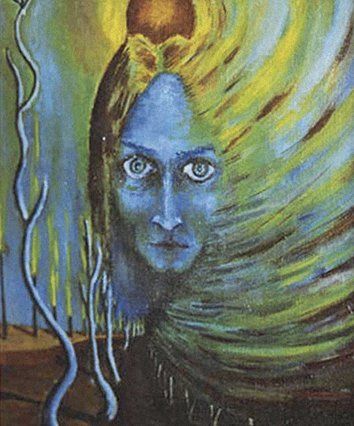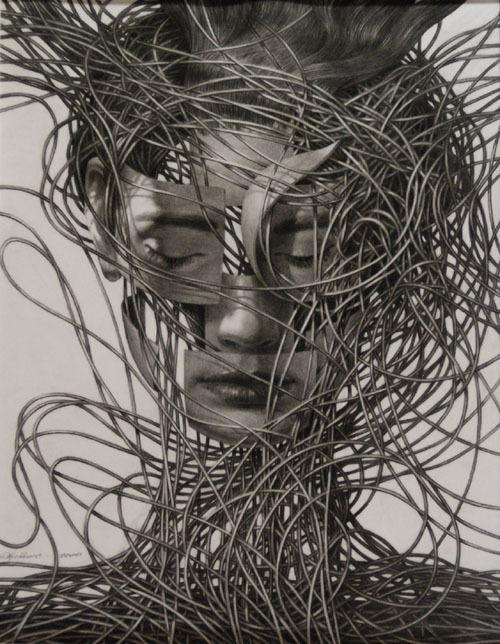
How schizophrenia affects thoughts, behavior, and more
How schizophrenia affects thoughts, behavior and more
This is a serious mental illness that can cripple a person. About 1% of Americans have it. People with this condition may hear voices, see imaginary pictures, or believe that other people are controlling their thoughts. These sensations can scare the person and lead to erratic behavior.

Source: Open Source
Although there is no medication, treatment usually helps to cope with the most severe symptoms. Contrary to popular belief, schizophrenia is not the same as multiple personality disorder.
What are the symptoms of schizophrenia?
These include:
- Hallucinations: patients hear or see imaginary things
- Misconceptions: deeply rooted false beliefs
- Catatonia: a condition in which a person is physically fixed in one position for a very long time.
Certain signs, such as lack of pleasure in everyday life and withdrawal from social activity, can mimic depression.
How schizophrenia affects thoughts
People with schizophrenia have trouble organizing their thoughts or making logical connections. It seems to them that their mind jumps from one unconnected thought to another. Sometimes they have 'thought withdrawal', a feeling of thoughts being removed from their head, or 'thought blocking' when someone's thought flow is suddenly interrupted.
Behavior impact
The illness is severe influence for many reasons. People can speak without meaning or make up words. They may be agitated or show no expression. Many find it difficult to keep themselves or their home clean.

Source: Open Source
Who gets schizophrenia?
Anyone can. It is equally common among men and women, as well as among ethnic groups. Symptoms usually appear between the ages of 16 and 30. Early symptoms appear weeks, months, or even years before the first case of complete psychosis. It usually starts earlier in men than in women. Schizophrenia rarely begins in childhood or after 45 years of age.
What causes schizophrenia?
Scientists don't know why. Human genes, experience and environment may be involved. Theories include information about how active and how well certain areas of the brain are working, as well as problems with brain chemicals such as dopamine and glutamate. There may also be structural differences, such as loss of nerve cells, resulting in an increase in fluid-filled cavities or 'ventricles'. in the brain.
How do doctors diagnose schizophrenia?

Source: Open Source
There are no laboratory tests for schizophrenia, so doctors usually make a diagnosis based on a person's history and symptoms. They will rule out other medical causes first. In adolescents, a combination of family history and specific behaviors can help predict the onset of schizophrenia. The period when symptoms first begin to occur and before the first episode of psychosis is called the prodromal period. It lasts for days, weeks, or even years. Sometimes it is difficult to recognize because there is usually no specific trigger. The prodromal period is accompanied by minor changes in behavior, especially in adolescents. This behavior includes withdrawal from social groups and the expression of unusual suspicions, but this is not enough to make a diagnosis.
Medicines that treat schizophrenia
Prescription pills can reduce symptoms such as poor thinking, hallucinations and delusions. Some people experience unpleasant side effects, including tremors and weight gain. Medicines can also interfere with how other medicines or supplements work. But in most cases, medications are needed to treat schizophrenia.
The article named the causes of schizophrenia, the risk group, the effect of the disease on a person's thoughts.














